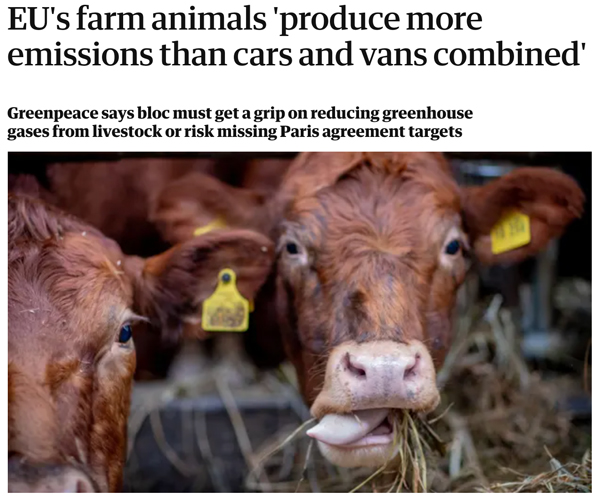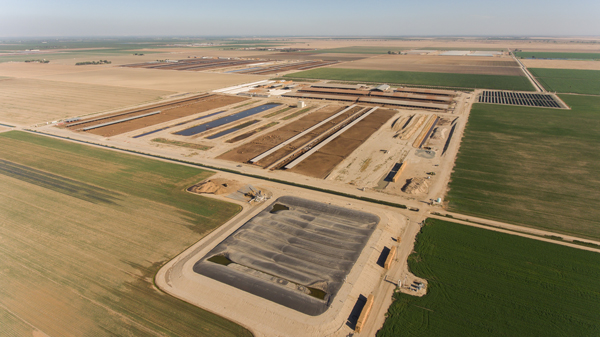
An interesting take by the @WSJ on balancing a healthy diet and a healthy planet. It’s becoming clear that animal-sourced foods can be part of a human-health solution. But it misses that animal protein can also be part of a healthy planet. 1/
wsj.com/articles/the-k…
wsj.com/articles/the-k…
Animal-sourced foods can be a #climatechange solution. I invite @garytaubes to check out resources on the incredible strides the dairy and beef industry are making toward sustainability. The California dairy industry is on its way to climate neutrality: 2/
clear.ucdavis.edu/news/methane-c…
clear.ucdavis.edu/news/methane-c…
And @virginia_tech researchers recently released a report stating how eliminating dairy cows in the U.S. would have a minimal impact on reducing greenhouse gas emissions, but would lower the supply of essential nutrients: 4/
vtnews.vt.edu/articles/2020/…
vtnews.vt.edu/articles/2020/…
In fact, methane from cattle doesn't have the same warming impact on the planet as CO2 from fossil fuels: 5/
clear.ucdavis.edu/explainers/why…
clear.ucdavis.edu/explainers/why…
In the U.S. and Europe, meat production has increased while GHG emissions have dropped: 6/
https://twitter.com/GHGGuru/status/1355305252107427840?s=20
Thank you @garytaubes for your work and for highlighting this discussion in your article. Happy to talk more around this topic. Here's a link to the @UCDavisCLEAR website for more information about animal ag's relationship with the environment. clear.ucdavis.edu 7/7
• • •
Missing some Tweet in this thread? You can try to
force a refresh







